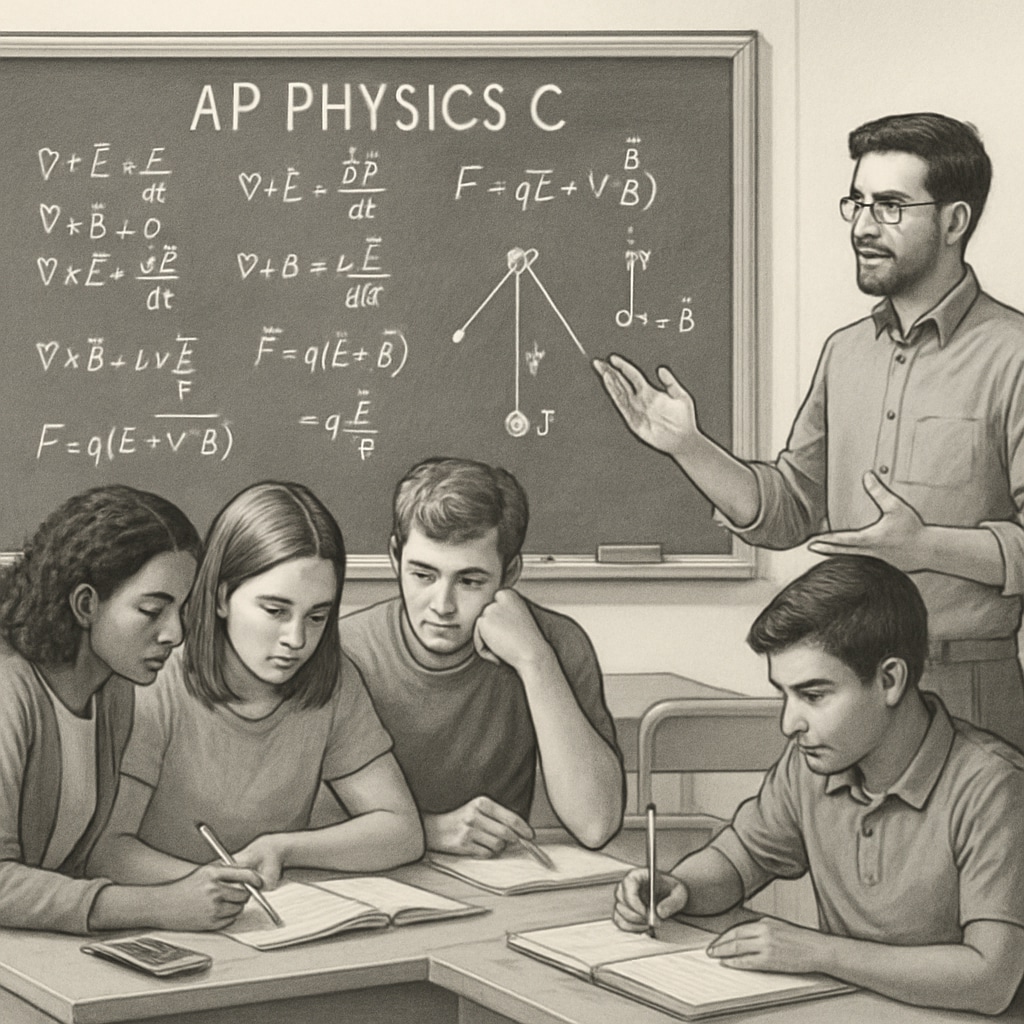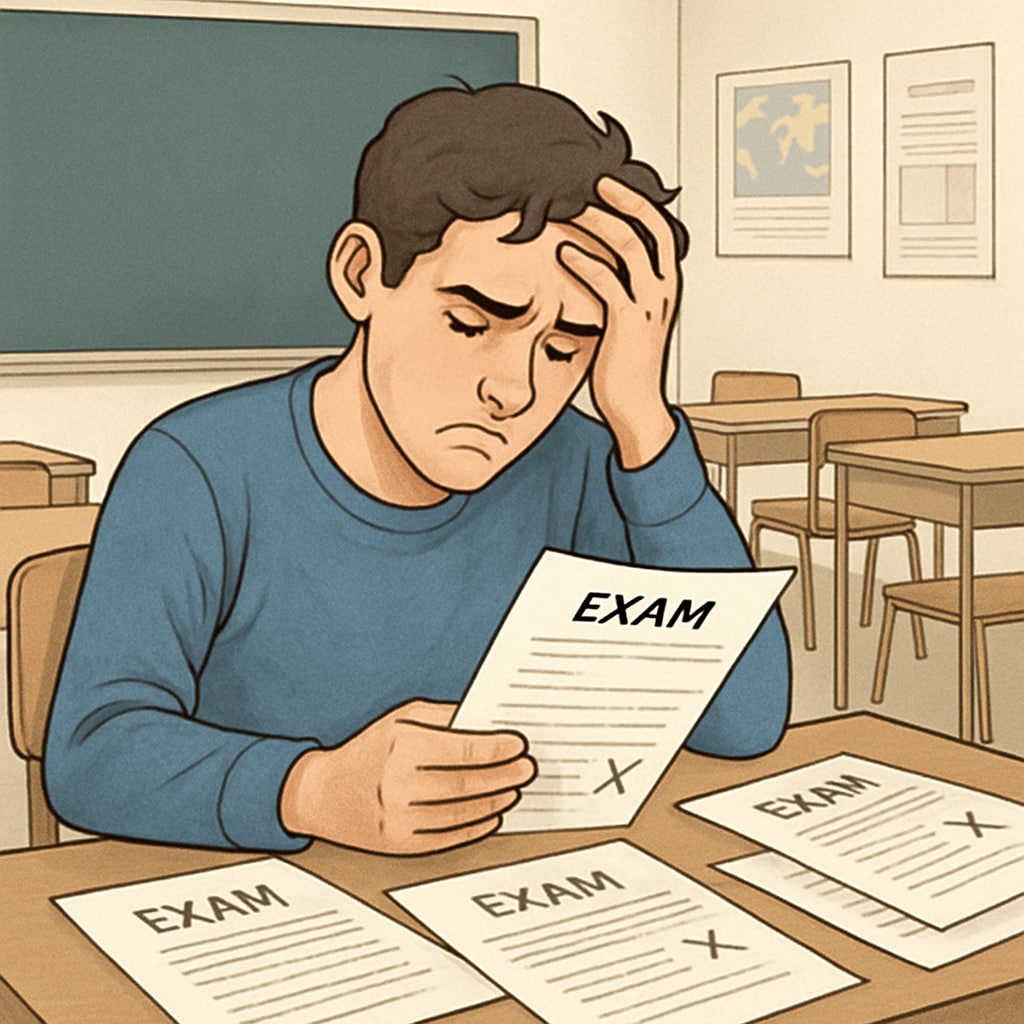AP Physics C courses are among the most challenging offerings in high school, combining advanced topics in mechanics and electricity with calculus-based problem-solving. However, when teacher misconduct, exam errors, and flawed grading practices occur, students often face a difficult journey to appeal their grades and ensure academic fairness. This article delves into one such case, revealing systemic shortcomings that affect not only individual students but the integrity of education itself.

The Impact of Teacher Misconduct in AP Physics C
In AP Physics C, precision and accuracy are critical—not just in solving equations but also in how educators administer and grade coursework. Unfortunately, professional misconduct by teachers, such as providing incorrect test solutions, inconsistent grading, or favoritism, can severely disrupt the learning process. For students, these behaviors not only undermine their confidence but also jeopardize their academic records.
For example, a recent instance involved an educator issuing exams with errors in both questions and answer keys, leading to widespread confusion among students. Despite student complaints, the teacher failed to address these issues, resulting in inaccurate scores. Such scenarios often leave students feeling powerless and unsure of how to proceed.
Exam Errors and the Student Appeal Process
When exam errors occur, students are expected to use the established grade appeal process to seek corrections. However, these processes are often convoluted and heavily tilted in favor of the institution or the educator. Many students find themselves trapped in a bureaucratic maze where their concerns are dismissed or met with vague responses.
One common issue is the lack of transparency. Students may not be informed about how their appeals are reviewed or who is responsible for the final decision. In cases involving AP courses, especially AP Physics C, the stakes are higher because these grades often impact college applications and scholarship opportunities.

Systemic Flaws in K-12 Academic Fairness
The difficulties surrounding AP Physics C appeals highlight broader systemic issues in K-12 education. The power imbalance between students and educators often leaves the former without adequate recourse. Moreover, the lack of oversight mechanisms for teacher misconduct exacerbates these problems.
Research indicates that schools with robust academic review policies generally have fewer complaints regarding grading and teacher behavior (Educational Assessment on Wikipedia). However, many institutions lack these safeguards, leaving students vulnerable to arbitrary decisions.
Steps Toward Improving the Appeal Process
To address these systemic flaws, schools must implement transparent and accessible academic appeal processes. Some key recommendations include:
- Creating independent review boards to handle grade disputes.
- Providing students with clear documentation of grading criteria and exam solutions.
- Training educators on professional conduct and accountability.
- Encouraging open communication between students and administration.
Additionally, national organizations like the College Board, which oversees AP courses, should enforce stricter standards for teacher performance and grading accuracy (College Board on Britannica).
By implementing these measures, schools can ensure that students in AP Physics C and other advanced courses receive a fair and equitable education.
Readability guidance: This article uses short paragraphs and lists to improve clarity. Transitions like “however” and “in addition” help maintain flow, while active voice ensures clarity and engagement.


